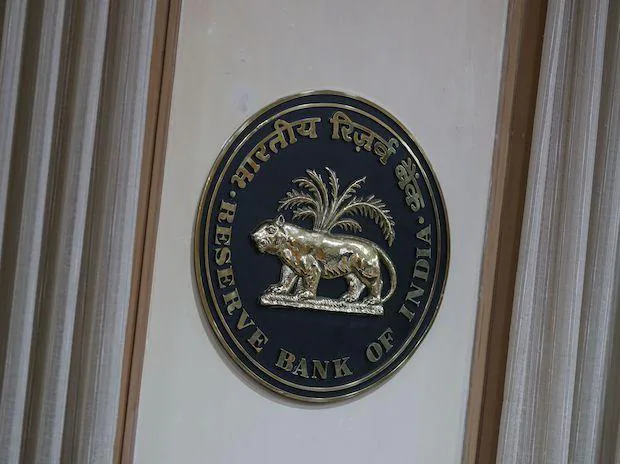[ad_1]
Reserve Bank of India (RBI), India’s central bank is likely to hike repo rates again to quell inflation. The repo rate is the interest rate at which the RBI lends short-term funds to banks. After a small jump in May of 40 basis points (1 basis point= 1/100th of a per cent), RBI increased the interest rate two more times, totalling 140 basis points and taking the key repo rate to 5.40 per cent. This is in line with the US Federal Reserve, which has just delivered its third straight 75 basis point hike without showing any signs of slowing down.
As the RBI governor-headed Monetary Policy Committee (MPC) prepares to start its three-day deliberations on Wednesday, where the new repo rate will be decided, here is how the hike in the rate can affect people:
Increased borrowing cost
An increase in repo rates means an uptick in the cost of borrowing. This is because when the repo rate rises, the borrowing cost for banking institutions also rises, which is passed on to account holders in the form of higher loan and deposit interest rates. According to Subhash Goel, MD, Goel Ganga Developments, many banks began raising interest rates on lending and deposit schemes after the statement made by the RBI. The increase in RBI’s rate will also affect residential sales growth. In response to the ongoing rise in raw material costs, builders throughout the country have already raised real estate prices.
“The rise in consumer demand and their capability to afford will continue to be optimistic; snugly interest rates may shake the momentum of sales, with the real estate market recovery continuing at a slow pace,” Goel said to Livemint.
Suren Goyal, Partner, RPS Group, said, “Borrowing money from a bank becomes more expensive as a result, slowing investment and money supply in the market. The real estate sector, which has seen a good pickup in sales due to low financing costs, may be adversely affected by the RBI’s rate hike step.”
EMIs for loans to soar
Suren Goyal, Partner, RPS Group, added that as banks raise interest rates, EMIs for current borrowers ascend even further, undermining the optimism of new homebuyers.
“Even a small rate hike has an impact on the consumers as it makes borrowing from the commercial banks expensive. All sorts of loans like Home loan, vehicle loan, education loan, personal loan, business loan, credit cards, and mortgages are affected by the repo rate hikes. Also, an increase in borrowing costs discourages the unnecessary spending of common man thereby reducing the demand for goods and services. This further disrupts the demand and supply chain,” said Ankit Aggarwal, MD, Devika Group, while speaking with Livemint.
Lower purchase of goods and services
Even though repo rate hikes are necessary to combat inflation, these consecutive rate hikes in a short period of time will unintendedly have an adverse impact on the economic growth in the country, according to Amit Gupta, MD, SAG Infotech. While talking to Livemint, he said,
“People will buy fewer goods and services because of it, which will affect demand. Growth is slowed by this. As a result, goods and services are no longer affordable to poor segments of society. It gets more expensive for everything.”
Impact on savings, fixed deposit rates
Ankit Aggarwal, MD, Devika Group, asserted that increased rates are beneficial for such consumers who have savings and fixed deposits.
Stagnant growth, joblessness and rising inflation
Amit Gupta further asserted that India could also face stagflation by the end of the next fiscal year if the inflation-growth situation does not recover. Stagflation refers to stagnant growth, high unemployment, and persistent inflation.
[ad_2]
Source link




